In a two-year study, researchers compared the effects of choral singing with the effects of health education in an elderly cohort.
Aging (Aging-US) Research
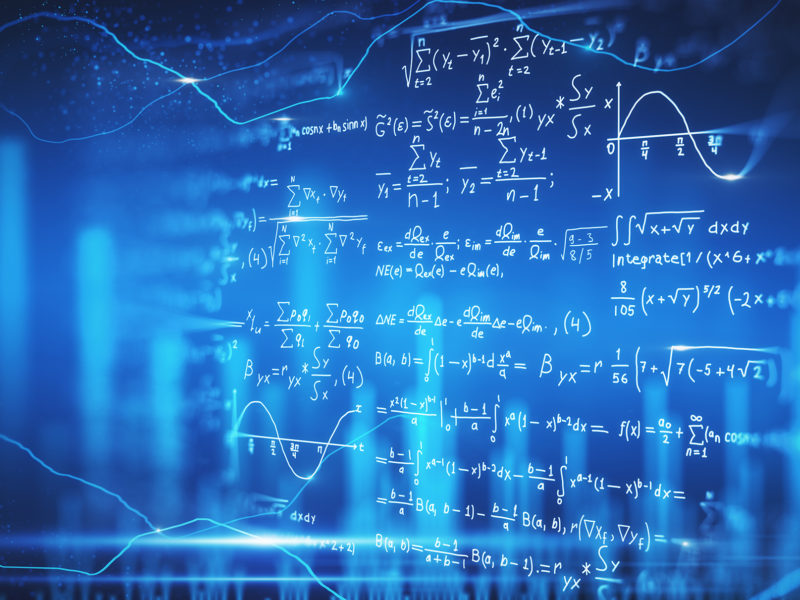
Machine learning and a broad range of biochemical and physiological traits were used to develop a new composite metric as a potential proxy for an underlying whole-body aging mechanism.

In a trending theory article, Dennis Mangan proposes several reasons why iron may be a key driver of aging.

The mechanisms and pathways involved in the health and aging benefits conveyed by green tea were investigated in C. elegans.

Researchers adopted 103 retired sled dogs for a longitudinal study on canine aging that may one day be used to increase human healthspan and longevity.
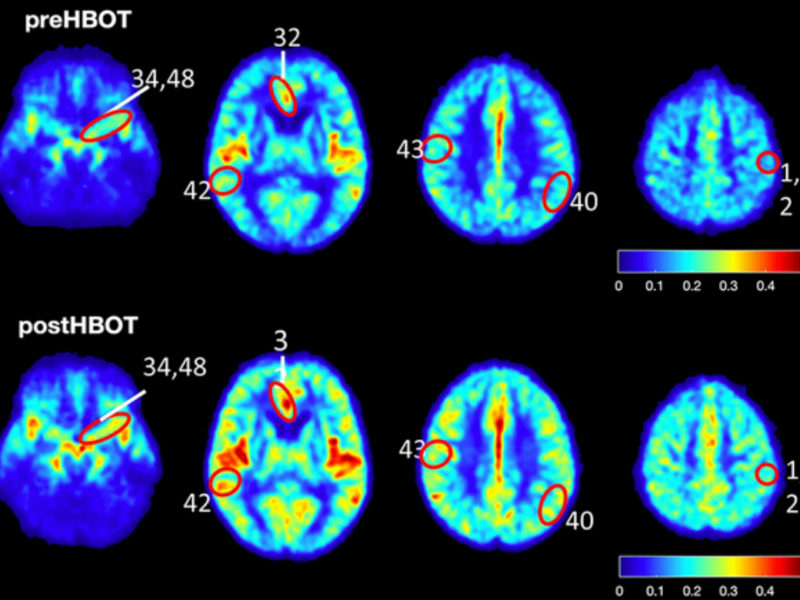
A new research study on hyperbaric oxygen therapy (HBOT) delivered novel insights on the underlying mechanisms of HBOT and its cognitive benefits in patients with Alzheimer’s disease.
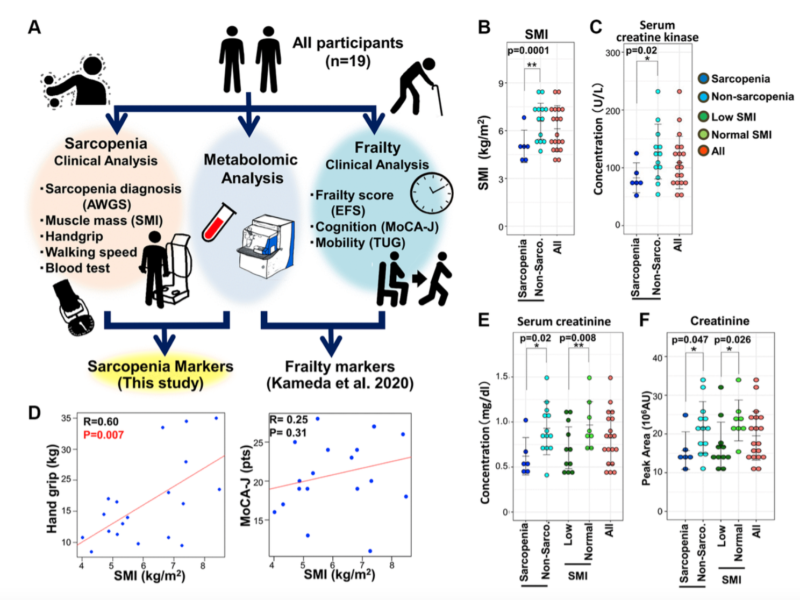
Sarcopenic patients share clinical features with frailty, but just how similar are they? Researchers used metabolomic analysis to assess the metabolic profiles of sarcopenia in relation to frailty.
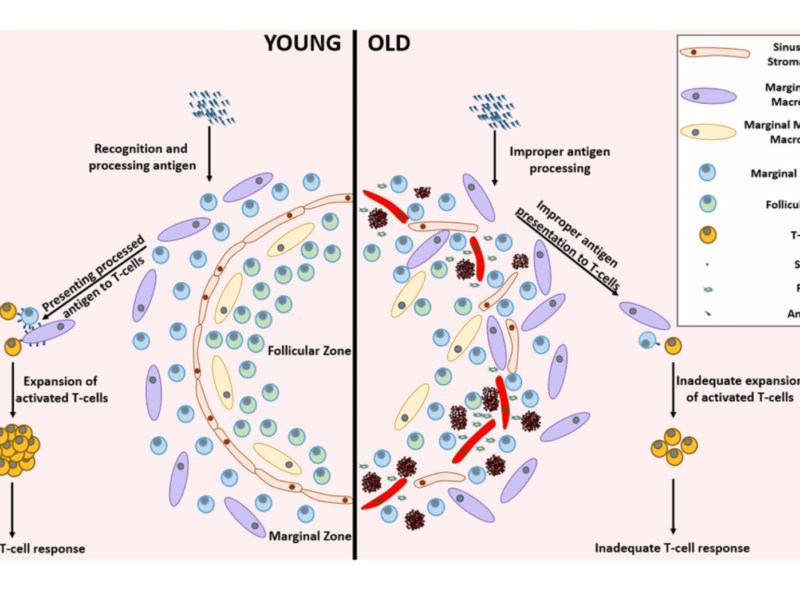
Literature on the interaction between cellular senescence and the immune system is reviewed, with a focus on cellular senescence in lymphoid organs.

Data may hold the key to cracking COVID-19. Researchers parsed through clinical data from around the world to glean new insights about this virus’ patterns.
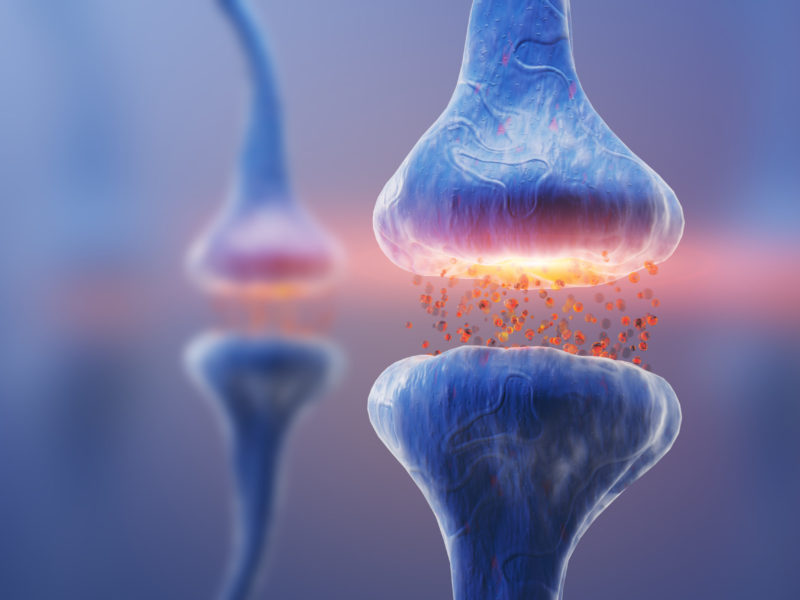
The MEND (Bredesen) protocol to treat neurodegeneration associated with Alzheimer’s disease was tested in a small cohort. In 2016, researchers followed up with objective results.

